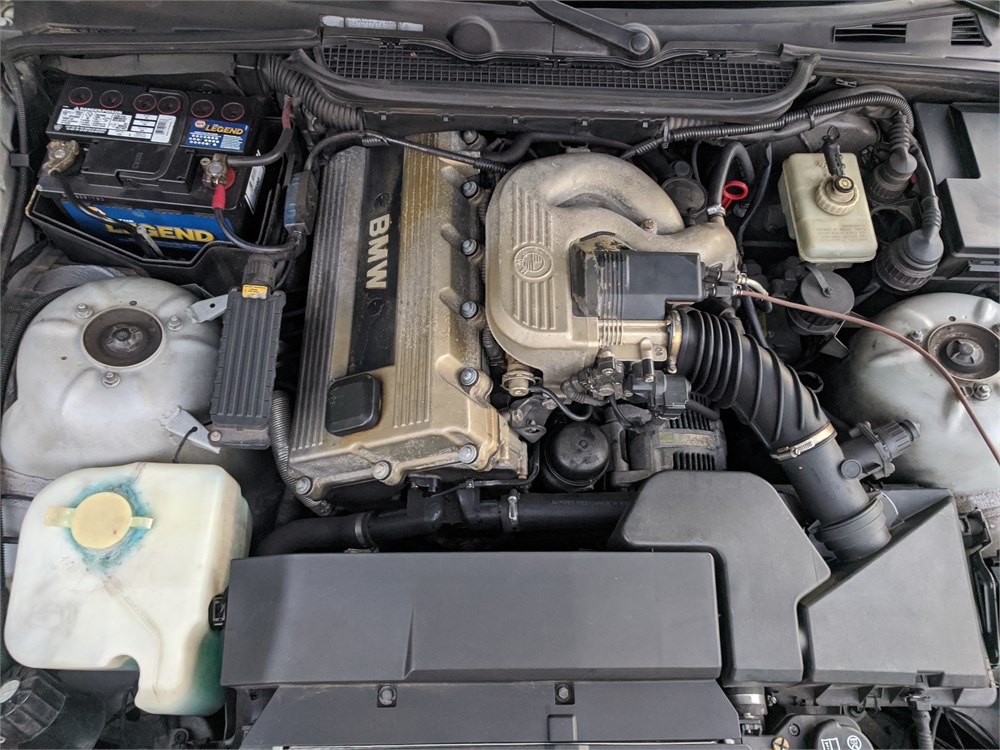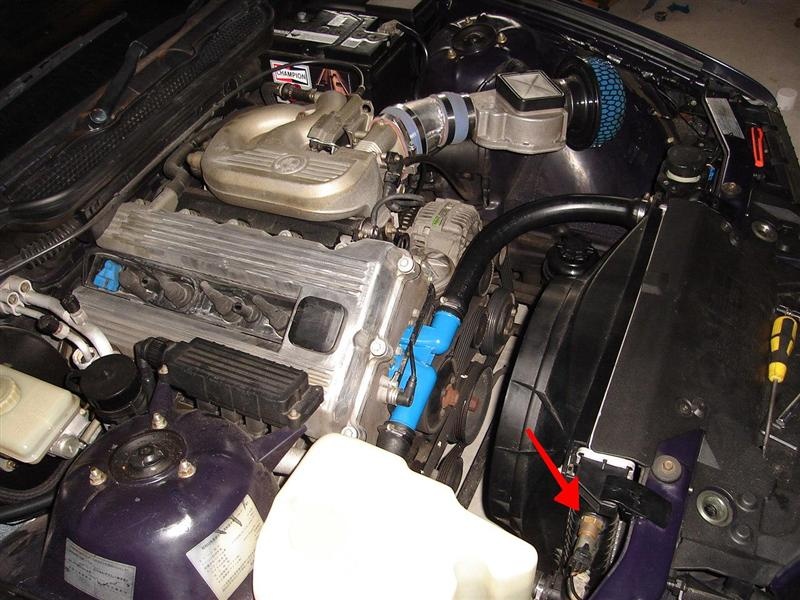Trick Attributes to Look for When Acquiring an Engine for Automotive Applications
When taking into consideration the acquisition of an engine for vehicle applications, numerous essential attributes necessitate careful examination to guarantee ideal efficiency and performance. From power and efficiency capabilities to sustain toughness, performance, and adherence to exhausts requirements, each facet plays a crucial role in establishing the engine's suitability for specific automotive requirements.
Power and Efficiency
When picking an automotive engine, purchasers focus on power and efficiency to make sure ideal driving experience and performance. A well-performing engine not just supplies power successfully yet also operates smoothly across different speed varieties and driving problems.
Buyers commonly take into consideration the engine's torque result alongside its power ranking. Torque, measured in pound-feet (lb-ft) or Newton-meters (Nm), shows the engine's rotational force, influencing the automobile's ability to tow, climb inclines, and increase from dead stop. A balance between power and torque is critical for accomplishing a flexible and receptive driving experience. Furthermore, elements such as engine turbocharging, displacement, and hybrid modern technologies play substantial roles in improving both power and performance levels. Ultimately, choosing an engine that uses a potent combination of power and efficiency makes sure a gratifying and reliable driving experience. bmw 318ti.
Fuel Effectiveness
Enhancing gas efficiency is an extremely important factor to consider for consumers when assessing vehicle engine choices. Modern engines with attributes like straight fuel shot, turbocharging, and variable shutoff timing can substantially boost fuel efficiency by enhancing burning processes and reducing energy loss.

Resilience and Integrity
Attaining lasting efficiency and dependable operation is important for customers reviewing the toughness and integrity of auto engines. When thinking about an engine for automotive applications, durability describes the engine's capacity to stand up to wear, stress, and harsh operating conditions over a prolonged period. Dependability, on the other hand, indicates that the engine can constantly execute its desired feature without unexpected malfunctions or failings.
Consumers need to seek engines built with high-quality products and exact design to guarantee longevity. Parts such as bearings, crankshafts, and pistons should be durable to handle the engine's power output without early wear. Furthermore, engines outfitted with advanced cooling systems, reliable lubrication, and durable filtration mechanisms tend to display greater degrees of reliability.
Routine upkeep and adherence to producer recommendations are additionally vital variables in protecting an engine's toughness and integrity. By complying with maintenance routines, making use of advised fluids, and dealing with any kind of concerns quickly, customers can maximize the life expectancy and performance of their auto engines. Ultimately, focusing on toughness and reliability in engine option can bring about an extra enjoyable ownership experience with less unexpected disturbances.
Discharges Conformity
Guaranteeing compliance with emissions policies is an essential aspect of evaluating auto read the article engines for eco conscious customers. With enhancing worries regarding air high quality and environmental impact, rigorous emissions requirements have been implemented worldwide to minimize damaging contaminants released right into the environment. When acquiring an engine for auto applications, it is vital to consider its exhausts conformity to minimize the carbon footprint and adhere to legal demands.
Modern engines are outfitted with advanced discharge control innovations such as catalytic converters, exhaust gas recirculation (EGR) systems, and selective catalytic decrease (SCR) to lower unsafe exhaust gases like nitrogen oxides (NOx), carbon monoxide gas (CARBON MONOXIDE), and hydrocarbons (HC) These systems play a crucial function in ensuring that the engine fulfills the defined exhausts requirements and runs within acceptable limits.

Cost-effectiveness
When taking into consideration auto engine acquisitions, evaluating cost-effectiveness is critical for consumers seeking both efficiency and worth. Cost-effectiveness in engine procurement includes even more than just the preliminary acquisition price. It incorporates the general expenses connected to upkeep, gas consumption, and possible fixings over the engine's lifespan. Going with an engine that offers a balance in between long-lasting cost savings and ahead of time costs can cause considerable benefits for the customer.
Engines that are created to optimize fuel economic situation can lead to substantial savings over time, specifically for people that drive often or over long ranges. bmw 318ti. Additionally, taking into consideration the availability and affordability of spare parts and maintenance can contribute to the overall cost-effectiveness of an engine.

Conclusion
In conclusion, when acquiring an engine for automotive applications, it is crucial to consider essential functions such as power and efficiency, fuel longevity, integrity and performance, emissions conformity, and cost-effectiveness. These aspects are important in guaranteeing that the engine satisfies the requirements of the vehicle and runs properly in different driving conditions - bmw 318ti. This Site Making an informed decision based upon these standards will inevitably lead to a successful and reliable auto engine acquisition
From power and efficiency abilities to sustain performance, adherence, and toughness to emissions criteria, each aspect plays a vital role in establishing the engine's suitability for details vehicle needs. Engines developed to run on different gas such as electric power, crossbreed systems, or biofuels can supply enhanced gas economy and reduced exhausts contrasted to standard fuel or diesel engines. Customers must meticulously think about the fuel effectiveness rankings and modern technologies incorporated into automobile engines to make enlightened buying choices that align with their priorities for price savings and sustainability.
When thinking about an engine for auto applications, longevity refers to the engine's capability to Get More Info endure wear, tension, and rough operating conditions over a prolonged period.In final thought, when acquiring an engine for auto applications, it is critical to think about crucial functions such as power and efficiency, gas dependability, performance and longevity, discharges compliance, and cost-effectiveness.